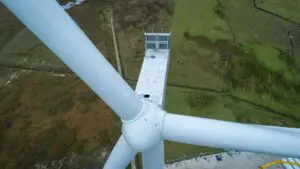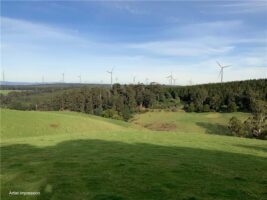The Queensland Labor government has announced the establishment of a Ministerial Energy Council to give industry, consumers and unions “a seat at the table” as the state ramps up its bid to achieve 50 per cent renewables by 2030.
Queensland minister for energy Mick de Brenni said on Tuesday that the new body would invite energy sector leaders, industry bodies, consumer groups and unions to work with Palaszczuk government and help guide energy policy.
“This decade will herald a significant adjustment in the way energy is produced, distributed and stored …making it vital that we collaborate, so that Queenslanders can continue to receive stable, reliable, low cost energy generation and supply,” the minister said.
“From business representatives like Energy Networks Australia, to Queensland small consumer body QCOSS, we’re giving a wide breadth of industry groups a seat at the table to ensure that government regulation can work as intended.
“They’ll be joined by the Electrical Trades Union, Australian Energy Council and Smart Energy Council, among others.”
De Brenni said the new Council would be guided by the state’s publicly owned generation and supply chain assets, as “the strongest foundation in the network” to enable rapid growth and economic development.
“By establishing a Ministerial Energy Council, our government can leverage our foundational assets as a basis from which to harness the additional capacity of renewables to deliver real outcomes for Queenslanders,” he said.
“Renewable energy and transmission, manufacturing, resources and electrifying transport have the capacity to create 570,000 Australian jobs in the next five years.”
The move by Queensland to establish a separate, cross sector collaborative body follows similar moves by other states, as they gear up to establish new Renewable Energy Zones and meet ambitious electricity generation and climate targets.
On Wednesday, the NSW Liberal government announced the establishment of its first Renewable Energy Sector Board, bringing together energy sector representatives to provide advice on the job creation and manufacturing opportunities being created by the shift to renewables.
And last week, the Victorian Labor government announced the creation of a new body called VicGrid, in this case to oversee and manage the suite of network investments required to accommodate the gigawatts of big solar and wind joining the state’s grid.
For Queensland’s new body, de Brenni said one of the first items on the agenda would be a discussion around how best to establish a fully functional and commercial hydrogen supply chain in the state, while also helping to deliver Australia’s National Hydrogen Strategy.
“With state-owned energy generators and ports, the levers are uniquely in Queenslanders hands to generate hydrogen to enable a renewable energy future for our nation,” he said.
“At the next meeting of Energy Ministers, I’ll be asking for a greater focus on the role of hydrogen in the future of Australia’s energy security.”
The first meeting of the MEC’s Hydrogen Development Sub-Committee will be co-chaired by Queensland’s minister for training and skills development and will focus on skills and job opportunities, de Brenni said.






